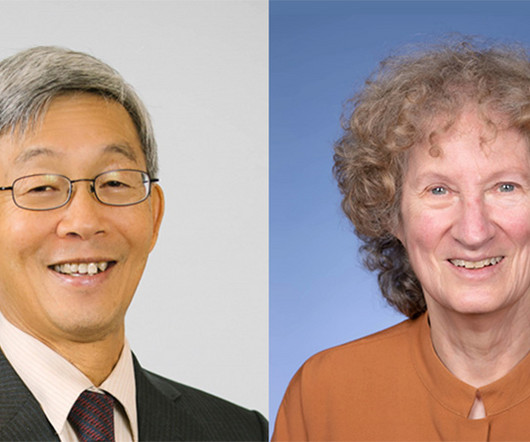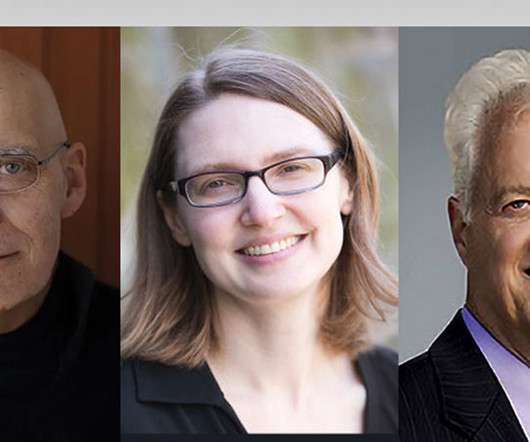Surrogate Decision Making: Bernie Lo and Laurie Dornbrand
GeriPal
APRIL 4, 2024
She was resuscitated by EMS, but did not regain higher brain function, and was eventually diagnosed as being in a persistent vegetative state. I remember there was an Archives article from, or Annals, I forget, it was probably called Archives back then, Resuscitating Advanced Directives. And we see that too in geriatrics.











Let's personalize your content